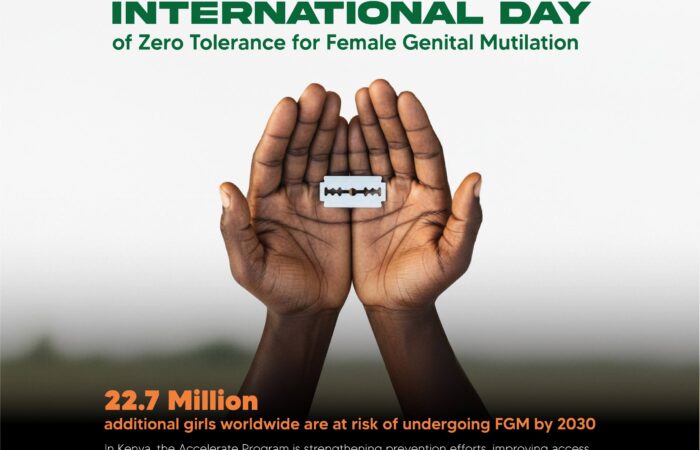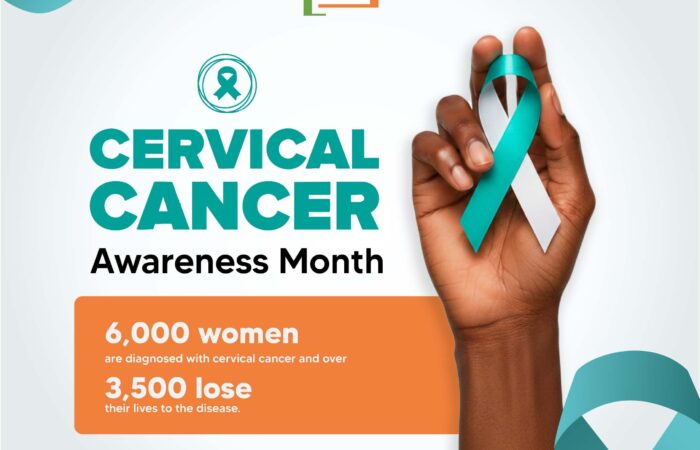Lack of adequate information creates misinformation and wrong perceptions about Family Planning especially in the rural areas of Narok County. There is also the existence of myths and misconceptions and traditional beliefs about family planning. “I was told that family planning will stop me from having another baby by my friend,” says a woman from Olmekenyu health Centre deep in the rural village of Narok South Sub County. Over the years, this script is changing through awareness creation during FP outreaches at the community by trained health volunteers. This awareness is comprehensive and gives the women a chance to interact with health care providers in a more relaxed setting. This has been made possible through DESIP.
In conjunction with Narok County health teams, the programme identified Community Health Extension Workers (CHEWs) and Community Health Volunteers (CHVs) from existing community Units in Narok County. The selected CHVs and CHEWs were sensitized on family planning basic information (MOH Module 11) and on counselling for continuation at community level, community profiling and mobilization for in-reaches and outreaches. The CHVs under close supervision from the CHEWs and Community Health Assistants (CHAs) mobilize women to come to the outreaches. The health care provider employs counselling skills to give information on family planning giving the women a chance to make informed decisions. The health education outlines the benefits of family planning and demystifies existing myths and misconceptions surrounding uptake of services. “I am told that these clinics are very good and that’s why I have come,” said another woman from Olmekenyu during an integrated outreach. “One day as I was going to the market, I came cross an outreach and I was given proper information on how I can plan my family. The person was explaining in such a simple manner that made me understand many things I didn’t know,” said another woman.
Through the use of education through listening, a facilitating technique aimed at equipping the demand creation agents with skills to enable them deliver quality sessions and facilitate behavior change in the community, there has been a lot of change in community perception about family planning and also increase in uptake of the service. At the outreaches, key community influencers also participate to show support to the program and also pass the message on the benefits of family planning. To ensure that there is equitable access, the outreaches are conducted monthly and mostly targets rural, poor, marginalized women. “I met a lot of women during the outreaches and they all assured me that their methods didn’t fail and that gave me the courage to try another it again since it failed previously,” said a woman from Sankale Village, Narok North.




